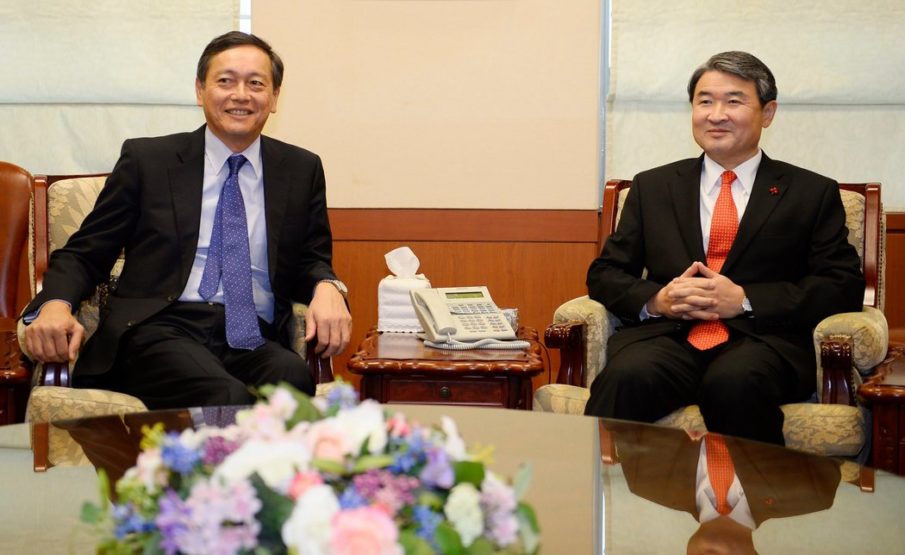Japan and South Korea to share military intelligence about North Korea
AI Overview
Summary is AI-generated, newsroom-reviewed.
South Korea and Japan agreed to directly share military information such as satellite tracking of North Korea’s missiles. Photo: Getty Images South Korea and Japan have agreed to directly share military information such as satellite tracking of North Korea’s missiles, reflecting increasing concerns
Read the full article for more on:
- Important insights and detailed analysis
- Expert commentary on current events
- Breaking developments and updates

South Korea and Japan agreed to directly share military information such as satellite tracking of North Korea’s missiles. Photo: Getty Images South Korea and Japan have agreed to directly share military information such as satellite tracking of North Korea’s missiles, reflecting increasing concerns about the threat from Pyongyang’s accelerating weapons program. The pact, signed in […]

What readers are saying
Generating a quick summary of the conversation...
This summary is AI-generated. AI can make mistakes and this summary is not a replacement for reading the comments.









COMMENTS